Subscribe for Newsletter
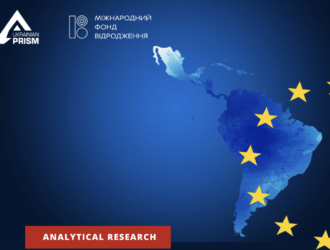
This policy paper presents a comprehensive analysis of key areas of cooperation and the activation of collaboration within the European Union (EU), Latin America (LA), and Ukraine, particularly focusing on the period following February 24, 2022.
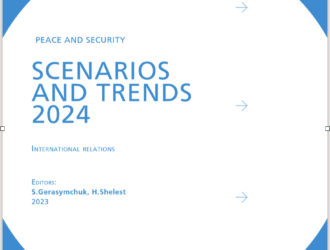
The possibility of Ukraine being involved or even influencing global processes will depend on the number of variables.

Currently, Ukraine is interested in the comprehensive involvement of the countries of the Global South in the implementation of its Peace Formula, which would be able to guarantee a fair victory and recovery of Ukraine after the conflict and increase the chances of Russian aggression not repeating itself in the future.

The 2024 scenarios for the global security order will be shaped by a significant number of variables driven both by domestic developments in the key actors and their foreign policy choices.

Regional politics throughout Latin America and the Caribbean would be influenced by four main interconnected dimensions: electoral, socio-economic, environmental and a dimension of foreign interference
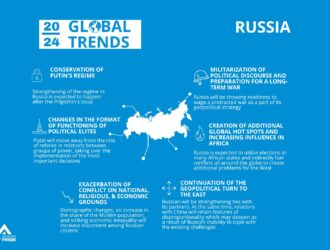
2024 will be a year of relative strengthening of President Putin’s regime. As a result, the Russian president will further move away from the role of referee in relations between influence groups within Russian political elites.
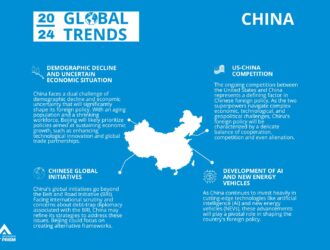
Competition with the United States and Washington’s Chinese strategy, as well as the Chinese approach towards Taiwan, will be a critical trend-making factor for the further evolution of Chinese policies,
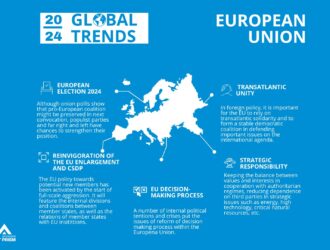
The 2024 elections are intended to reset the EU institutions and establish a new long-term agenda for the Union for the next five years.
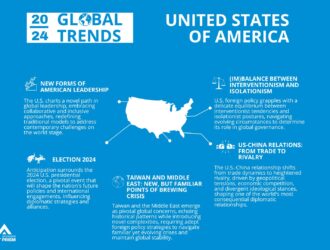
United States political trends lie within three key dimensions: leadership type, stability of the election process and stance towards competitors and threats.

The analysis of trends and scenarios in the development of the international political situation in 2024
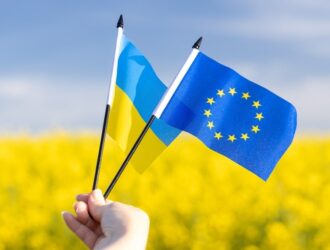
Today, Ukraine’s integration into the EU and other western institutions is about the new security architecture on the continent.


